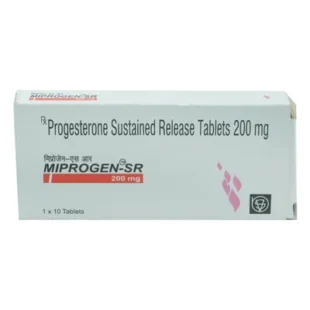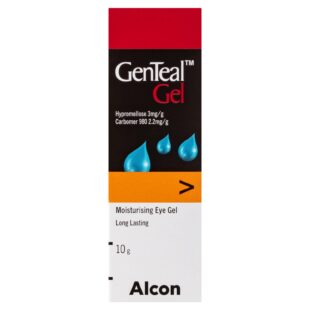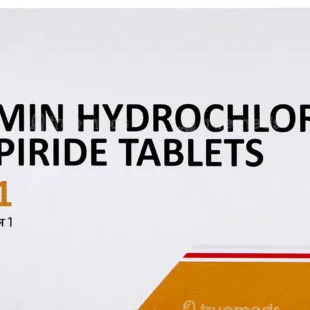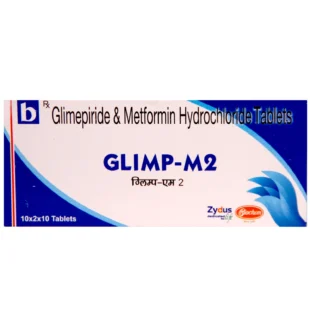Freelex Tablet
Bisacodyl
₹12.95
Uses of Freelex Tablet
- Constipation
Add to cart
Buy Now
Introduction Of Freelex Tablet
Freelex Tablet is a medicine used to treat constipation. It is a laxative and helps you empty your bowels. Sometimes it is used by hospitals before surgery or some internal examinations or treatments. It works by increasing the movement in the intestine.
Freelex Tablet is best taken at night when it is used to treat constipation. It should be swallowed whole and must not be chewed, broken or crushed. It is recommended to start with the lowest dose and increase if you need to, but do not exceed the maximum daily dose. You should not use this medicine for more than the recommended days unless your doctor tells you to. Some lifestyle changes can help with constipation, for example drinking plenty of fluids, exercise regularly, eating more fiber-rich foods such as fruits, vegetables, and cereals.
The most common side effects of taking this medicine are vomiting, stomach pain, and nausea. These are usually mild and go away after a couple of days. If they persist, your doctor may suggest ways of preventing or reducing them.
Before using this medicine you should tell your doctor if you have a blockage in your bowel, upset stomach or your bowel movements have been different for more than two weeks. Some medicines and some foods can interfere with the way this medicine works so discuss this with your doctor to make sure you are safe. You should not normally take other treatments for constipation while using this medicine and should also avoid dairy products at the same time. Freelex Tablet is not generally recommended if you are pregnant or breastfeeding.
Side effects of Freelex Tablet
Most side effects do not require any medical attention and disappear as your body adjusts to the medicine. Consult your doctor if they persist or if you’re worried about them
Common side effects of Freelex
- Vomiting
- Bloating
- Nausea
- Stomach cramp
How to use Freelex Tablet
Take this medicine in the dose and duration as advised by your doctor. Swallow it as a whole. Do not chew, crush or break it. Freelex Tablet is to be taken empty stomach.
How Freelex Tablet works
Freelex Tablet is a laxative. It works by increasing the movement of the intestines, thereby facilitating the passage of stool.
Safety advice
Alcohol
Unsafe
It is not known whether it is safe to consume alcohol with Freelex Tablet.
Pregnancy
Consult your doctor
Freelex Tablet may be unsafe to use during pregnancy. Although there are limited studies in humans, animal studies have shown harmful effects on the developing baby. Your doctor will weigh the benefits and any potential risks before prescribing it to you.
Breast feeding
Consult your doctor
Freelex Tablet is probably safe to use during breastfeeding. Limited human data suggests that the drug does not represent any significant risk to the baby.
Driving
Consult your doctor
Freelex Tablet may cause side effects which could affect your ability to drive.
Patients may experience dizziness and/or syncope due to a vasovagal response (e.g. to abdominal spasm). If patients experience abdominal spasm they should avoid driving.
Patients may experience dizziness and/or syncope due to a vasovagal response (e.g. to abdominal spasm). If patients experience abdominal spasm they should avoid driving.
Kidney
Consult your doctor
There is limited information available on the use of Freelex Tablet in patients with kidney disease.
Use of Freelex Tablet is generally not advised if there is associated vomiting as the loss of body water can be harmful to kidney function.
Use of Freelex Tablet is generally not advised if there is associated vomiting as the loss of body water can be harmful to kidney function.
Liver
Consult your doctor
There is limited information available on the use of Freelex Tablet in patients with liver disease.













Reviews
There are no reviews yet.